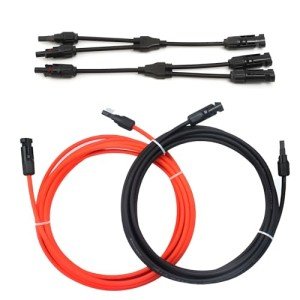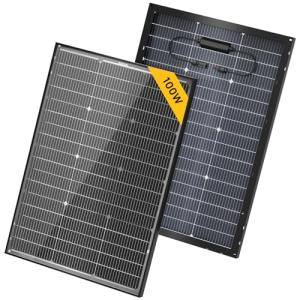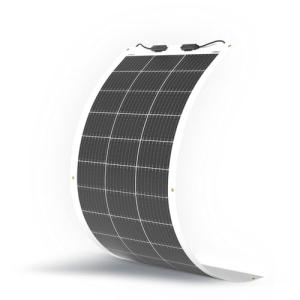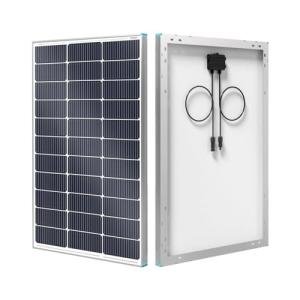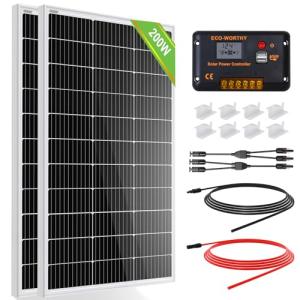One of the biggest incentives you should know about is the Federal Investment Tax Credit (ITC). This lets you deduct a chunk of your solar installation costs from your federal taxes. If your system qualifies, you could be looking at a significant savings, especially if your solar panels cost around $20,000. That's a big deal! Just make sure you act before the deadline, since this credit has been known to decrease over time.
State incentives are where it gets really interesting. Depending on where you live, you might find rebates, tax credits, or performance-based incentives. For instance, many states offer cash back for installing solar panels, which can help offset that upfront cost. Some even have programs that pay you for the energy your system produces. Just check with your local government or utility for specifics.
Don’t forget about financing options! Many banks and credit unions offer solar loans with low-interest rates. Plus, some energy companies have creative financing plans that allow you to pay for your system over time, which makes it more manageable. Understanding all these Solar Panel Incentives helps you figure out how to fit solar into your budget.
Lastly, keep an eye out for any local incentives or community programs. Some neighborhoods have solar co-ops where folks work together to get bulk discounts on solar installations. It’s a smart way to save while building a community. Remember, the more you know about Solar Panel Incentives, the better your chances are of saving some serious cash on your solar journey!
How to Apply for Incentives
If you're looking to save some cash while going green, applying for Solar Panel Incentives is a smart move. These programs can significantly lower your initial costs and help you recoup your investment. So, how do you get started? It's simpler than you might think!
First, check out what’s available in your area. Many states and local governments have their own incentive programs. This can include tax credits, rebates, or even grants. Websites like the Database of State Incentives for Renewables & Efficiency (DSIRE) are excellent resources to see what’s out there.
Once you're aware of your options, gather all the necessary documents. You typically need things like proof of home ownership, installation agreements, and sometimes even a detailed energy audit. Having your paperwork in order will speed things up when you apply for those Solar Panel Incentives.
Next, fill out the required application forms. These can usually be found on your state’s energy office or utility company website. Don't worry if it seems overwhelming! Most forms are straightforward, and there are often FAQs or support lines to help you out.
After submitting your application, keep track of its status. Sometimes approvals can take a while. If you don’t hear anything back in a few weeks, don’t hesitate to follow up. Being proactive shows you’re serious about going solar and ensures you don’t miss out on those valuable incentives!
10FT Solar Extension Cable with Connectors and Y Adaptor
Extend your solar reach easily with this durable 10FT cable and handy Y adaptor
Product information
€16.91 €15.22
Product Review Score
4.16 out of 5 stars
26 reviewsProduct links
Maximizing Your Savings with Solar Energy
Switching to solar energy is more than just a trendy move; it can save you a lot of money. With the right Solar Panel Incentives, you’ll see the benefits roll in quicker than you might expect. Here’s how to make the most of your solar investment.
First up, look into federal tax credits. The federal government offers a significant tax credit for solar panel installations. This means you can reduce your taxable income, which could lead to some serious cash back in your pocket. The best part? This incentive works for both purchases and leases!
Then, don’t forget to check out state-specific Solar Panel Incentives. Many states have their own rebates and tax credits. Some even offer performance-based incentives, which means you’ll earn money back based on how much energy your solar panels produce. Research what’s available in your state, and you might find some amazing deals.
Local utilities can also play a big role in your savings. Some of them offer rebates for installing solar panels or reductions on your monthly energy bill. Reach out to your utility company to see what programs they have that can help you reduce your upfront costs.
Finally, consider financing options like low-interest loans or solar leases. These solutions can help spread the cost of your system while still allowing you to reap the rewards of lower energy bills. Look for any Solar Panel Incentives that might sweeten these deals as well. With the right approach, you can truly unlock the financial benefits of using solar energy.
BougeRV 100W 12V Bifacial Solar Panel
Get reliable power for your adventures with this lightweight and durable solar panel
Product information
€109.98 €93.06
Product Review Score
4.2 out of 5 stars
41 reviewsProduct links
Important Eligibility Requirements to Know
When it comes to Solar Panel Incentives, knowing the eligibility requirements can make all the difference. These incentives can save you a ton of cash, but you need to check a few boxes first.
First off, you usually need to own your home. Many incentives don't apply to renters, so if you’re planning on going solar, owning your space is key. If you live in a condo or have a shared roof, you might also want to check with your homeowners association to see if you’re able to install solar panels.
Another factor is location. Some states and local governments offer specific Solar Panel Incentives, so you’ll want to look into what’s available in your area. Some incentives might only be available in certain regions, so do a little digging. Be sure to check for any federal programs too; the tax credits can be a big help!
Lastly, you might need to ensure your home meets certain conditions. Your roof should ideally have the right angle and enough sunlight exposure. If your roof needs repairs or isn't structurally sound, you might want to take care of that before going solar. A good solar company can help guide you through this assessment.

